OpenAI, the creator of ChatGPT, announced a transformative shift in its corporate structure on Friday, unveiling plans to establish itself as a public benefit corporation (PBC). This move aims to attract substantial investment and ease restrictions imposed by its nonprofit parent, marking a pivotal moment in the race to develop advanced AI systems reportedly.
The restructuring, which echoes a Reuters report from September, has ignited debates among corporate watchdogs and tech leaders, including Elon Musk. Central to the controversy are questions about how OpenAI will balance profitability with its mission to serve the public good, as well as whether its nonprofit arm will receive fair allocation of the company’s assets.
Under the proposal, OpenAI’s for-profit division will be reconstituted as a Delaware-based PBC—a legal entity designed to integrate societal interests with shareholder returns. The plan also includes maintaining a “significant interest” for its nonprofit parent in the form of shares, as valued by independent financial advisors.
Read more: Visa Unveils Groundbreaking Medical Debit Card With BRAC Bank PLC To Empower Travelers
Originally founded in 2015 as a research-focused nonprofit, OpenAI transitioned to a for-profit model in 2019 to fund the immense costs associated with developing artificial general intelligence (AGI)—AI that surpasses human cognitive abilities. Its latest funding round, valued at $157 billion, raised $6.6 billion contingent on restructuring to remove profit caps within two years.
The shift aligns OpenAI with competitors like Anthropic and xAI, which also use PBC models and have recently secured billions in funding. Last month, Anthropic received a $4 billion boost from Amazon, while xAI, owned by Musk, secured $6 billion in equity financing earlier this December.
However, OpenAI’s restructuring efforts face significant opposition. Elon Musk, a co-founder and now a vocal critic, filed a lawsuit against OpenAI and CEO Sam Altman in August, alleging that the company prioritized profits over its public mission. OpenAI has countered, releasing communications showing Musk initially supported the for-profit shift but withdrew after failing to secure majority equity and control.
Meanwhile, Meta Platforms has also entered the fray, urging California’s attorney general to block the transition. In a letter seen by Reuters, Meta raised concerns about the implications of OpenAI’s conversion.
Corporate law experts highlight that PBC status, while signaling a commitment to balancing profit and mission, does not guarantee prioritization of societal goals. “It legally requires the board to ‘balance’ concerns but leaves significant discretion,” notes Ann Lipton, a corporate law professor at Tulane Law School.
OpenAI’s plans to embrace the PBC structure signal its intent to remain competitive in the costly and high-stakes race for AI supremacy. Whether this gamble will secure its vision of advancing AI while maintaining a commitment to public benefit remains to be seen.
For more updates, be with Markedium.















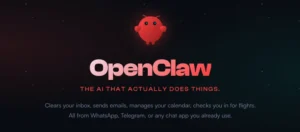











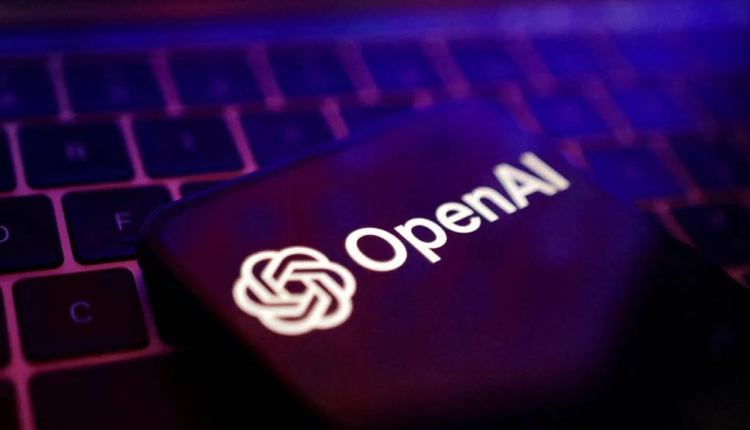

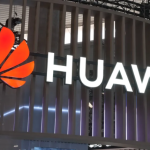
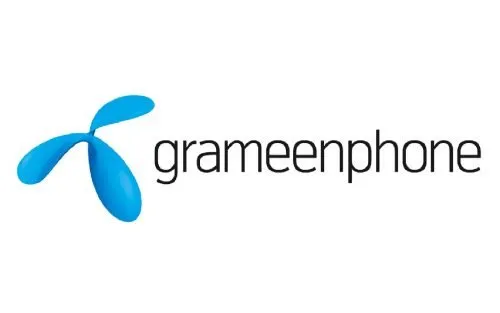





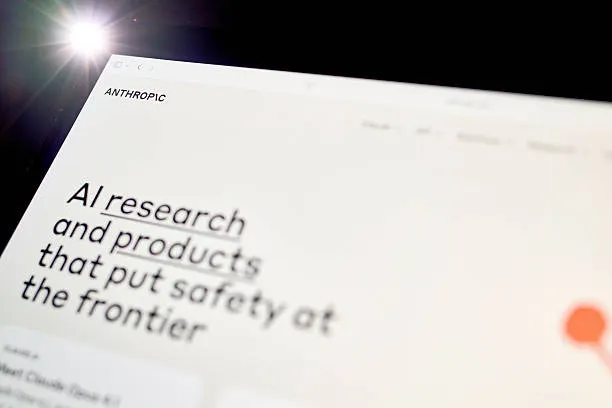





Leave a comment